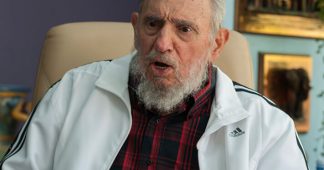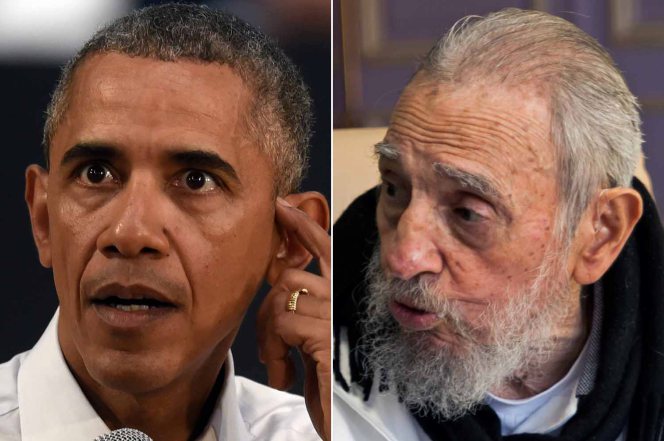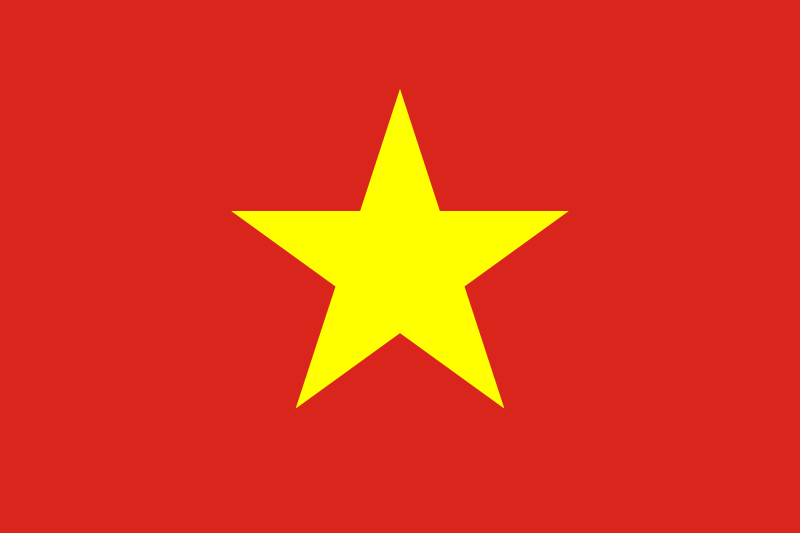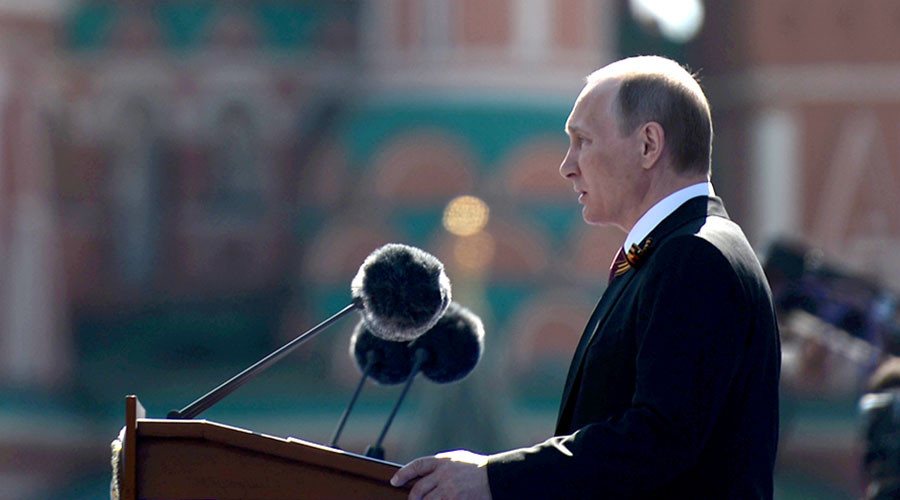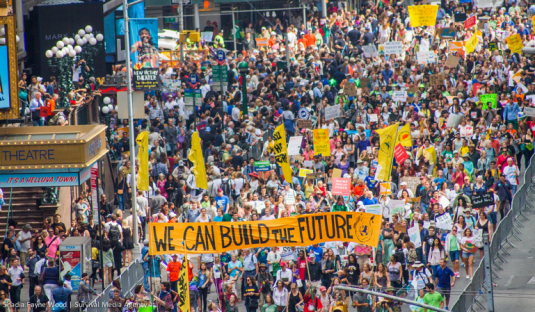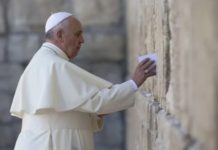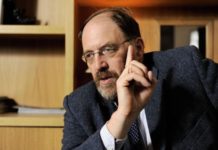Fidel Castro’s last major public appearance was on April 19, 2016, at the seventh Congress of the Communist Party of Cuba. Known throughout his career for giving marathon speeches, some lasting upwards of 6-8 hours, Fidel’s final public speech was notably short, yet as defiant and hopeful as ever.
“Perhaps this will be one of the last times I speak in this room,” said Castro, “but the ideas of Cuban Communists will remain as proof that on this planet, if you work hard and with dignity, you can produce the material and cultural goods human beings need.”
Fidel spoke of his own ideological journey from son of a wealthy landowner to communist revolutionary, “Why did I become a socialist, or more plainly, why did I become a communist? That word that expresses the most distorted and maligned concept in history by those who have the privilege of exploiting the poor.” Stating that “I am not ignorant, extremist, or blind, nor did I acquire my ideology of my own accord studying economics,” he acknowledged that as a young student he was mostly “fond of sports and mountain climbing.”
He pointed out that “without a tutor to help me in the study of Marxism-Leninism I was no more than a theorist and, of course, had total confidence in the Soviet Union.” Yet after comparing the lived realities of Cuba’s then U.S.-backed dictatorship to the distortions of Lenin’s original revolutionary ideas, the young Fidel Castro concluded that the world needed “another example of a magnificent social revolution that marked a huge step in the struggle against colonialism and its inseparable companion, imperialism.”
Fidel used his final speech to highlight the two greatest threats facing humanity today: nuclear weapons and climate change. “Perhaps, however, the greatest danger hanging over the earth today derives from the destructive power of modern weaponry which could undermine the peace of the planet and make human life on earth’s surface impossible,” he said.
Noting that it is the most impoverished regions on the planet that bear the brunt of climate change Fidel pointedly asked, “Who will feed the thirsty people of Africa with no technology at their disposal, no rain, no dams, no more underground reservoirs than those covered by sands? We will see what the governments, which almost all signed the climate commitments, say.”
And yet the final words Fidel would ever say in public suggested that his faith in his fellow Cubans and the power of collective action remained undiminished. “We will set forth on the march forward and we will perfect what we should perfect, with the utmost loyalty and united force, in an unstoppable march,” he concluded.

